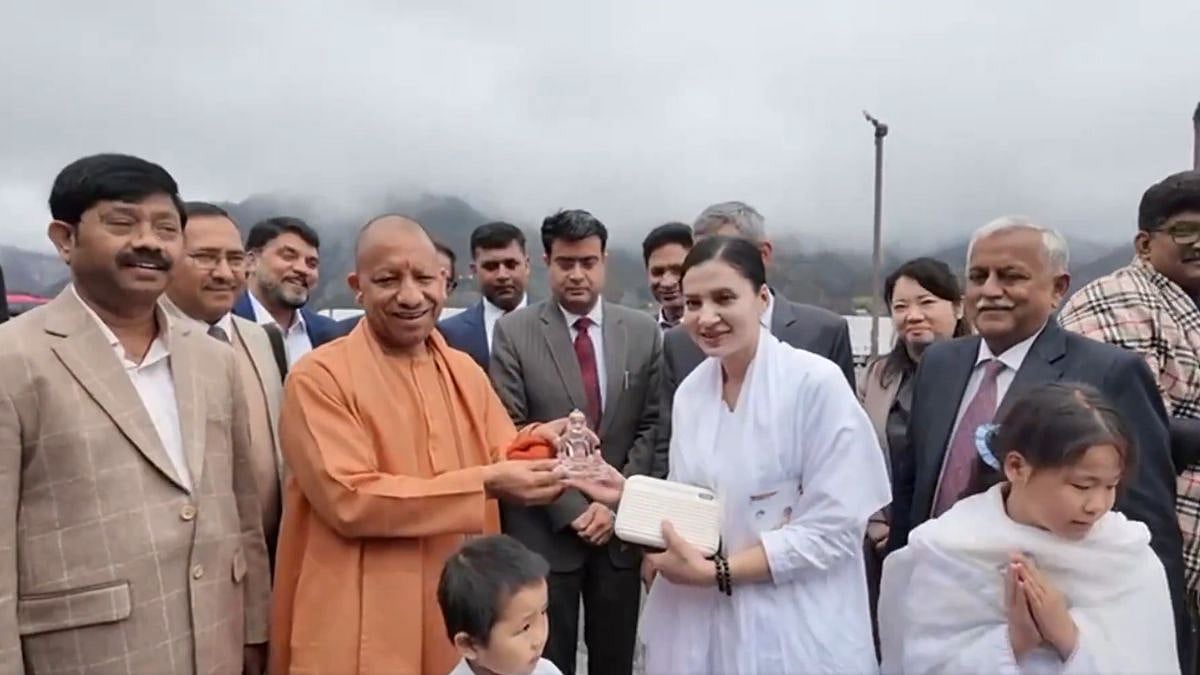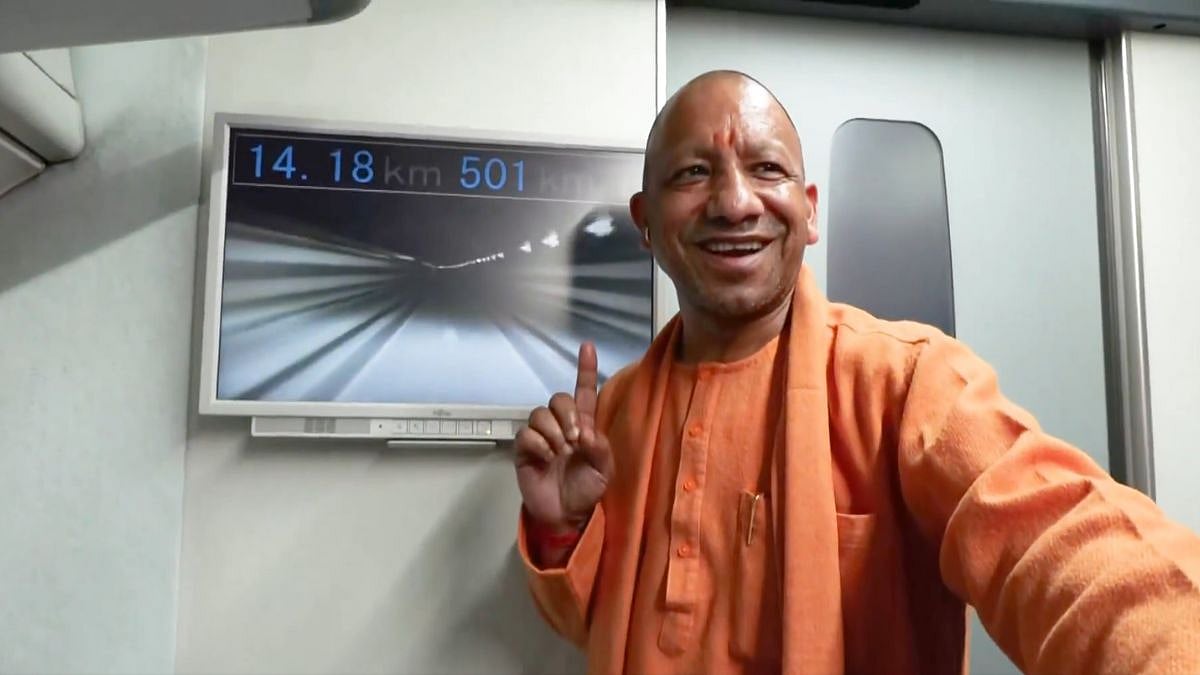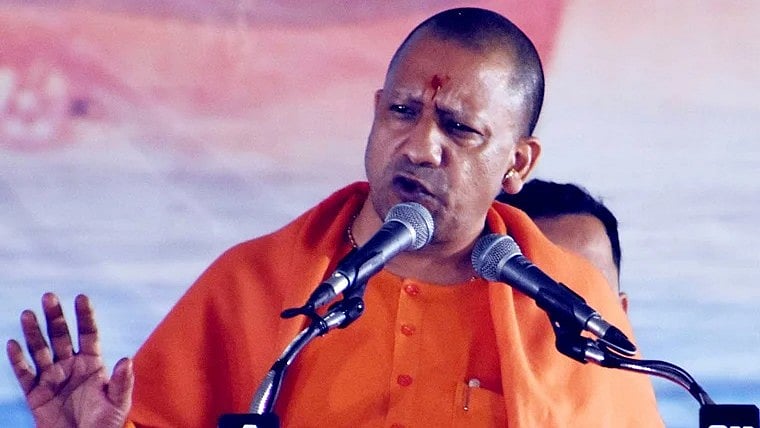Bhopal (Madhya Pradesh): Rural renaissance is not possible without a self-governing and self-reliant village-society and it is possible only through a strong Panchayati Raj Institutions that can end rural poverty and socio-economic inequality, said former ACS-DoPRD, GoMP Manoj Kumar Shrivastava, Shrivastava was speaking at the third edition of the Regional Rural Colloquy organised by Transform Rural India (TRI) at Atal Bihari Vajpayee Institute of Good Governance and Policy Analysis (AIGGPA) in the city on Tuesday.
The colloquy focused on directional vision and public narrative towards a hopeful and actionable renaissance agenda of quality education for all, universal access to healthcare, economic growth, jobs, and a resilient environment, said Shrivastava who was the keynote speaker during the inaugural session.
Malay Shrivastava (IAS, ACS-DoPRD, GoMP) said that we cannot envisage rural development in silos. Collaboration of various departments and stakeholders needs to converge the pathways whose power & impacts are capable of doing wonders at grassroots. The India Rural Colloquy is a unique event that places a premium on hearing voices from the ground – from state to district level, from villagers to leaders and from government to business. The rural-urban transition in Madhya Pradesh and its impact on villages, which demand more focused human development, were the key points of discussion in the event.
Chief, Unicef, Madhya Pradesh, Margret has said that documentation and amplification of best practices was crucial for the development of rural areas as in most cases solutions were available at the grassroots.
Scientist from IMD V P Singh said as climate change affected soil, farmers should be aware of climate change before proceeding with crop selection. They also highlighted that customising and mixing crop selection will add value to this process. Moreover, they mentioned that the Meghdoot app can be used to obtain real-time data for climate information.





